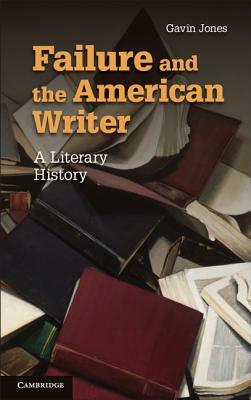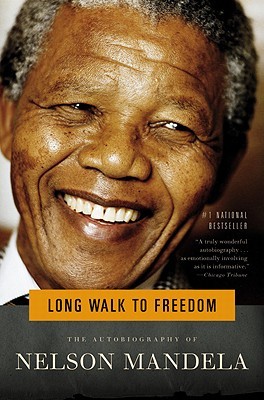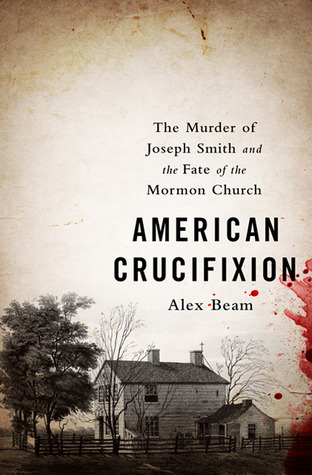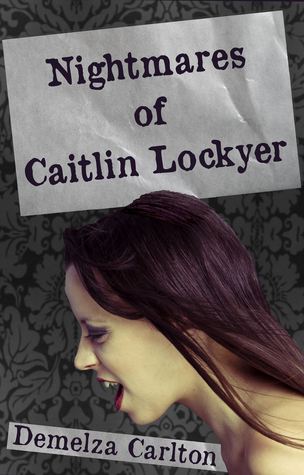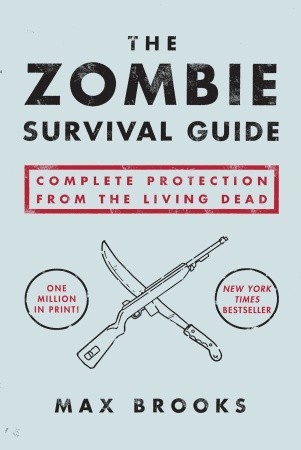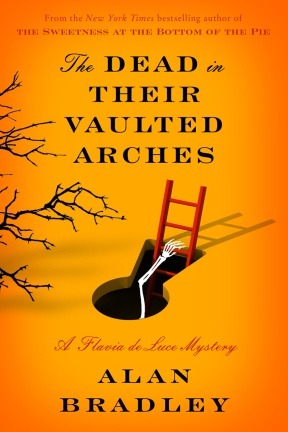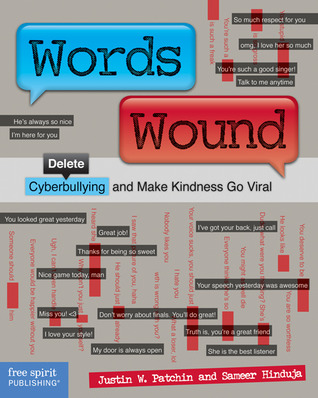I'm not sure what to call this book. It's supposed to be a cozy mystery, but the words "cozy mystery" remind me of Agatha Christie or "The Cat Who..." series. This book, while not grim, is a bit more grown-up.
Sherry Tucker, our protagonist, is pulled into a mystery when the Sheriff (who also happens to be her uncle) calls her in to make a profile sketch. But soon, the witness is killed and well, she starts poking her nose in.
To me, this book isn't so much a mystery as a really exhilarating ride as Sherry gets pulled into one situation after another. Her "solving" the mystery had more to do with coincidence than actual deduction (at least to me). But, when there's so much drama to be had, I'm not complaining.
Now, Sherry's life has so much drama that if I even start to describe them, this review will never end. But the one thing that caught my attention would be the love triangle. There's Sherry, and there's Todd (ex-husband, but she got the marriage annulled) and there's Luke (ex-boyfriend, cop) and I don't even know if Max (shady rich foreigner that she's trying to get arrested - but he helps her out) is in the picture. Personally, I'm rooting for Todd, seems he seems really sweet and supportive. But then again, I haven't read the earlier books in the series (I really have to fix that).
I'm actually amazed that this book isn't longer. It packs a lot of punch with all the drama going on. If you're in need of entertainment, you should check out this book.
Disclaimer: I got a free copy of this book in exchange for a free and honest review as part of Buy The Book Blog Tours.
*SPOTLIGHT*
Humor, Hijackings and a Handful of Hunks . . .
With a classical series sold and a portrait commissioned, Cherry Tucker’s art career is in Georgia overdrive. But when the sheriff asks Cherry to draw a composite sketch of a hijacker, her life takes a hairpin as the composite leads to a related murder, her local card-sharking buddy Max Avtaikin becomes bear bait and her nemesis labels the classical series “pervert art.”
Cherry’s jamming gears between trailer parks, Atlanta mansions, and trucker bars searching for the hijacker who left a widow and orphan destitute. While she seeks to help the misfortunate and save her local reputation, Cherry’s hammer down attitude has her facing the headlights of an oncoming killer.
Praise for HIJACK IN ABSTRACT:
“The fast-paced plot careens through small-town politics and deadly rivalries, with zany side trips through art-world shenanigans and romantic hijinx. Like front-porch lemonade, Reinhart’s cast of characters offers a perfect balance of tart and sweet.” – Sophie Littlefield, Bestselling Author of A Bad Day for Sorry
“Reinhart manages to braid a complicated plot into a tight and funny tale…Cozy fans will love this latest Cherry Tucker mystery.” – Mary Marks, New York Journal of Books
“I love this series! Cheeky, clever, and compelling—keeps me reading way too late. This book has one of the most original—and fun—love triangles you’ll ever come across.” – Kaye George, Agatha Award-Nominated Author of the Imogene Duckworthy Mysteries
“Cherry Tucker is back – tart-tongued and full of sass. With her paint-stained fingers in every pie, she’s in for a truckload of trouble.” – J.J. Murphy, Author of the Algonquin Round Table Mysteries
“Witty, fast paced dialogue sandwiched between vivid descriptions and interesting characters made Hijack in Abstract come to life before my eyes. Larissa Reinhart and Cherry Tucker have a lifelong fan. My recommendation—don’t miss this one!” – Christine Warner, Author of Bachelor’s Special
“Artist Cherry Tucker just can’t help chasing after justice, even when it lands her up to her eyeballs in Russian gangsters, sexy exes, and treacherous truckers. A rambunctious mystery as Southern as chess pie and every bit as delectable.” – Jane Sevier, Author of the Psychic Socialite 1930s Memphis Mysteries
“A true work of art…I didn’t want this book to end! I was so caught up in Cherry’s crazy life, I wanted to just keep reading. You will, too.” – Gayle Trent, Author of Battered to Death
“Cherry Tucker’s got an artist’s palette of problems, but she handles them better than da Vinci on a deadline. Bust out your gesso and get primed for humor, hijackings, and a handful of hunks!” – Diane Vallere, Author of the Style & Error and Mad for Mod Mystery Series
“Reinhart took me on a fun rollercoaster ride…I haven’t had this much fun trying to solve a mystery in a while and it sure beats playing a game of Clue any day!Four out of five stars.” – Literary, etc.
Excerpt
There are many places you don’t want to be at zero dark thirty, but I’ve got a personal top three. One is the ER. Second is a police station. The third is your ex-boyfriend’s bedroom.
Thank God Almighty I was not in number three. Stupid does catch me occasionally, but not this night. I was nowhere near an ex-boyfriend’s bedroom.
At two forty-five in the morning, I found myself in number two. The Forks County Sheriff’s Office to be accurate. My cornflower blues were a bit bloodshot and blurry, but my grin matched Shep Peterson’s, who also found himself in a similar location. However, Shep had a drunk tank grin. Mine was more of a self-congratulatory grin, born from knowing that finally someone in Forks County had recognized my accomplishments in the art world. Never mind the phone call that woke me from a dead sleep and near gave me a heart attack.
Or that I had to drive my sister’s Firebird because her vehicle was blocking my driveway. Or that I now sat in the junior officers’ room with a cold cup of coffee and had just realized I had forgotten to comb my bed-head designed blonde cowlicks in my bleary-eyed haste.
And to put on a bra.
The Forks County Sheriff, Uncle Will, needed my expertise. That’s all that mattered. And I was going to get paid.
Needed me for what was still a bit vague. I hoped nothing needing brushed hair and a bra.
* * * * *
With my messenger bag bumping my back, I hugged my chest, figuring it best not to give an extra show to Shep and the boys. I followed Uncle Will down the hallway, waiting while he unlocked a door. The door opened and two faces turned to look at us. One I didn’t recognize, but judging by his despondent expression, I figured he was probably in a mess of trouble. The other person, another deputy, I identified immediately. Hard not to recognize those brown ochre curls with the highlights I had decided were transparent oxide-red lake. Or the lean, muscled body, much like Michelangelo’s David. Or by the strong jaw buttressing two adorable dimples that made a rare showing.
Unfortunately, I knew Deputy Luke Harper a little too well.
He gave me a scant nod and turned back to the perp.
My hand snuck back to my hair and yanked on a particularly tall cowlick in back. I gritted my teeth and gave myself a quick lecture not to make a scene. We had aired our irreconcilable differences behind the local roadhouse, Red’s County Line Tap, a few months ago and I had not quite recovered.
“That’s Tyrone Coderre,” said Uncle Will. “He’s going to give you a description to draw. We need a composite sketch.”
Uncle Will stopped me before I entered the room and pulled me to the side. “Can I leave Deputy Harper in there with you or do I need to call in another officer? Harper’s the one who picked up Coderre, so this is his investigation.”
“I’m quite capable of separating my personal and professional life,” I said, tilting my chin so I could eyeball Uncle Will. “You might want to ask the same of him.”
“I trust Luke not to screw up his job. You are another story.”
I gave him a “why, I never” gasp.
“I’m going to be watching through the two-way.” He tapped my messenger bag. “Lucky for you, I don’t know other artists to call during the middle of the night. Wouldn’t want to be accused of nepotism. But I want a sketch while the memory is still fresh in Coderre’s mind. Don’t disappoint me, Cherry.”
“So, this is an important investigation?” Excitement zipped through my veins and made my fingers tingle. “I won’t let you down. You can even deputize me if you want.”
Uncle Will chuckled. “Just draw us a good picture. That’s plenty helpful.”
“Yes, sir,” I said and snuck by him to enter the room. I nodded to the man in the black sweat suit behind the table and held out my hand. “Hello, Mr. Coderre. I’m Cherry Tucker, a local artist.”
“Don’t shake his hand,” barked Luke. “Are you crazy?”
Tyrone Coderre’s cuffed hands retreated below the table, and I blew out a hard breath.
Looked like it was going to be a long night. At least the criminal had manners.
Couldn’t say the same for the cop.
About Larissa
Growing up in a small town, Larissa Reinhart couldn’t wait to move to an exotic city far from corn fields. After moving around the US and Japan, now she loves to write about rough hewn characters that live near corn fields, particularly sassy women with a penchant for trouble.
HIJACK IN ABSTRACT is the third in the Cherry Tucker Mystery Series from Henery Press, following STILL LIFE IN BRUNSWICK STEW (May 2013) and PORTRAIT OF A DEAD GUY, a 2012 Daphne du Maurier finalist. QUICK SKETCH, a Cherry Tucker prequel to PORTRAIT, is in the mystery anthology THE HEARTACHE MOTEL (December 2013).
Larissa lives near Atlanta with her minions and Cairn Terrier, Biscuit. Visit her website or find her chatting with the Little Read Hens on Facebook.

